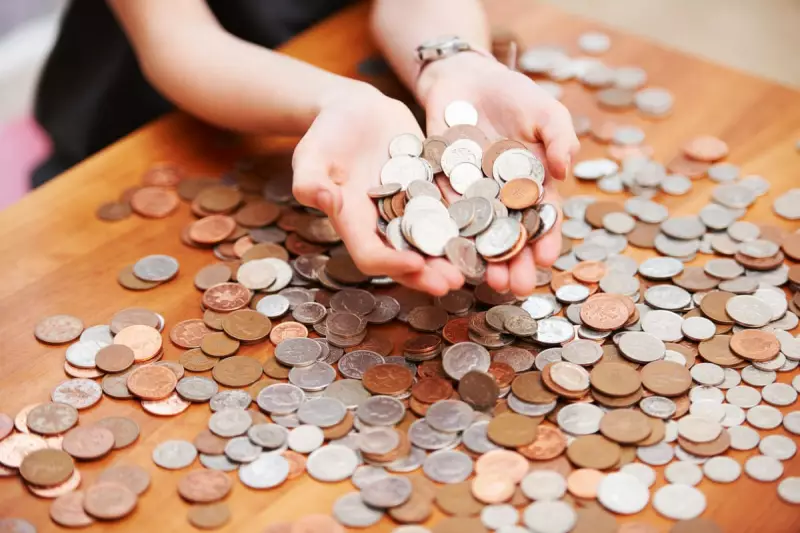
The Night I Was Mistaken for an Arcade Robber
A strange event from my past in Cricklewood has forever coloured my relationship with loose change. Over three decades ago, I was walking home with friends when a police car screeched to a halt. Officers ordered us to jump up and down, explaining they were searching for lads who had just robbed an amusement arcade. To this day, the jingle of coins in my pocket brings that bizarre memory flooding back.
When Cash Became King Again
My modern-day coin saga began with a simple problem: the ticket machine at my local station car park stopped accepting card payments. Cash was suddenly king. I adapted, withdrawing a tenner to get a fiver note back for the parking fee. The next day, however, the machine rejected paper money too. I was stranded, forced to plead for mercy via the intercom. The experience was a stark reminder that in this council-run car park, the humble pound coin was now the undisputed ruler.
I embarked on a mission, buying things I didn't need just to acquire pound coins in my change. I even attended a community talk, less for the content and more for the satisfying weight of coins I received after paying with a £20 note. Despite my efforts, demand for pound coins persistently outstripped supply. In desperation, I tipped out the giant jar of miscellaneous change by my door, only to find a mountain of foreign coins, odd batteries, and British coppers—but not a single pound coin.
The Coinstar Shock: A Costly Lesson in Convenience
My salvation seemed to appear in the form of a coin-counting machine in my local Sainsbury's. I filled my pockets with shrapnel, tightened my belt, and headed to the supermarket, hoping not to attract the attention of the police again.
What I discovered was almost as strange. The machine, operated by a company called Coinstar, came with a hefty price tag. I had naively assumed it was a free service. Instead, I learned it charges a 39p transaction fee plus an 11.75% processing fee if you want cash back. The fee is slightly lower, at 8.9%, if you donate the money to charity.
This revelation baffled me. If you are frugal enough to save your small change, why on earth would you pay someone a significant percentage to count it for you? According to Coinstar's own website, the company processed more than a billion coins in Western Europe in 2019 alone. It's a lucrative business, but one I cannot bring myself to support.
My curiosity led me to loiter by the machines, hoping to question users, but security guards' suspicious looks made my research short-lived. The entire experience left me utterly perplexed by the economics of it all.
As for my own mountain of change, I have taken a stand. I refuse to pay the fee. Instead, I've sorted my coins into one-pound piles by the door and am slowly, but surely, spending them where I can. It seems the old ways are sometimes the best.





